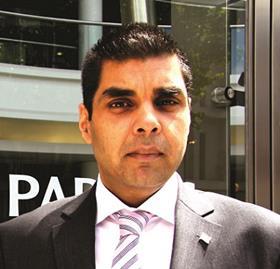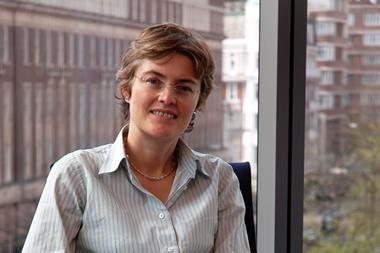More diverse businesses are more successful businesses.

It is a tenet of our age: get the numbers right, make your company look and sound like its customers, and job done. Diversity equals profit, doesn’t it? Unfortunately, it’s not quite as simple as that.
Last year, McKinsey found that businesses in the top quartile for gender diversity were 15% more likely to outperform their peers, and for racial diversity 30%. It did not identify a causal relationship, but concluded the correlation was significant and “consistently present”.
That greater diversity tends to deliver results is heartening, of course, but the numbers show it is far from inevitable. There is a key insight at work that sets successful businesses apart. That missing ingredient is inclusion.
Diversity is necessary, but insufficient. However unconsciously, a diverse company can still be riven by ‘in’ and ‘out’ crowds, fail to utilise the intelligence of all and suffer from group-think, the perils of which will be familiar to students of the great financial crisis.
Inclusion is an active and conscious process that goes beyond box-ticking and seeks to integrate diverse elements into an optimally functioning whole. If diversity is inviting everyone to the party, inclusion is getting them all to dance.
This commitment can only stem from a business’s values. It is informed by a deep understanding of why people are healthier when they bring all of themselves to work, and why this leads to better decision-making and improved problem-solving, greater creativity and innovation, greater employee engagement and, ultimately, higher performance.
At BNP Paribas and BNP Paribas Real Estate, we have placed diversity firmly at the centre of our business, and by working closely through shared initiatives we hope to challenge attitudes and create a diverse and, crucially, inclusive culture.
There is, perhaps ironically, such a diverse range of diversity programmes that the agenda risks becoming confused. Worse, some treat diversity in 2015 as they did sustainability in 2007 - a faddish cause du jour. Where once there was ‘greenwash’ we now see ‘rainbow wash’, and all of its variants. That is why we are proud to take a unique approach, embedding diversity and inclusion at the heart of each of our businesses, and supporting only initiatives that have a meaningful impact in the real world.
We promote the RICS Inclusive Employer Quality Mark, which commits us to twice-yearly reporting of our progress and allows us to benchmark this against our peers’. We support the Reading Real Estate Foundation’s Pathways to Property and the Changing the Face of Property Initiative. And, of course, we are proud signatories to Property Week’s Diversity Charter.
Our commitment is present at every level of the business - the majority of our senior managers are now trained in inclusion, and in preventing unconscious bias.
The business case for inclusivity is well rehearsed, but there is a particular resonance for real estate. Of course, businesses should recruit as much talent as possible; indeed some of our best hires have been outside of the norm for real estate. This is particularly true for property management, which has a wide and diverse skill base at the heart of service delivery.
But, there is a deeper reason. Real estate is fundamentally about place. To be successful and sustainable, our built environment must reflect and enhance the diverse elements that make a place, to integrate the character and history of the locality with that of the wide range of people that will move within it.
In other words, it too must be inclusive. If we continue to focus only on diversity, this is an opportunity that real estate will struggle to grasp.
Vinay Kapoor (pictured) is UK head of diversity & inclusion at BNP Paribas. Paul Abrey is head of property management at BNP Paribas Real Estate and a UK Real Estate Diversity Council Member





























No comments yet